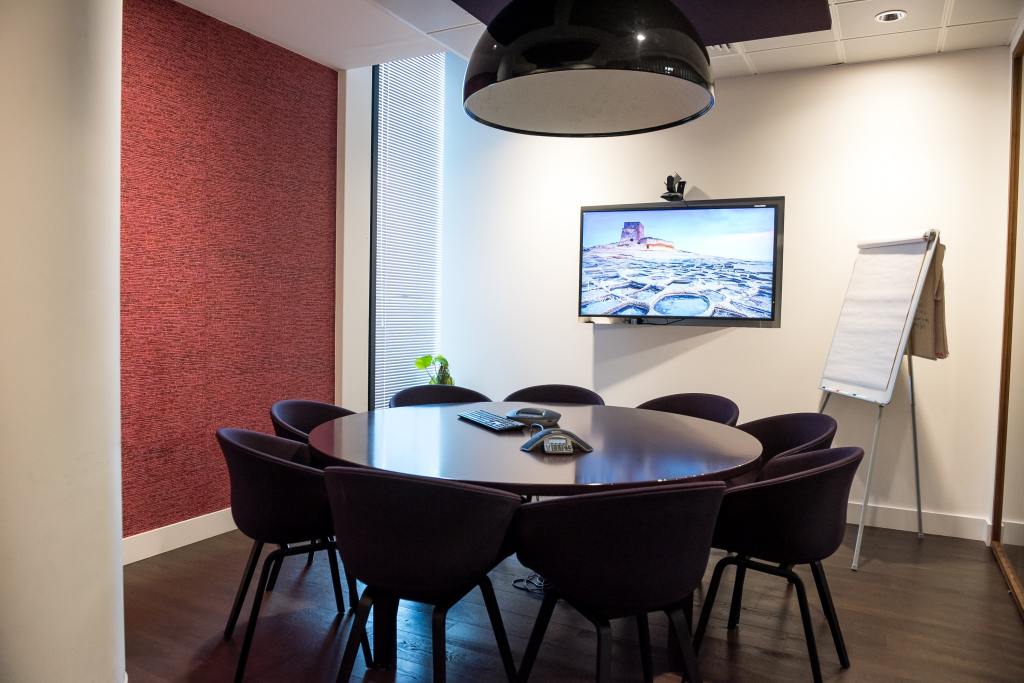Over the past few weeks, shelters have seen their adoption and foster rates soar. With people finding themselves adjusting to life at home, welcoming a dog into your household may seem like the perfect idea. Animals are great for our mental and physical health, after all. A dog can act as a non -judgemental confident, and someone to motivate you to get up when there appears to be not much to get up for.
However, some experts have warned against impulsively welcoming a dog into your household during the COVID-19 outbreak. Sure, you have time (lots of it), but what happens when you find yourself thrown back into the world of the 9-5 grind? Will you still smother your dog in a constant stream of love and affection? What happens when your dog meets another dog for the first time? Will he know how to “play dog”, or will he struggle to understand his fellow canines body language?
For many, our circumstances mean we can neither foster, nor permanently own a dog. Although our heart is in the right place, there are factors external to our control which mean our lifestyle would not enable our puppers to flourish. Our houses and gardens may not meet the minimum requirements, there may be other animals in the house, our household may be full of excitable children or our futures may be uncertain.
How can we get our dose of puppy love during this difficult time?
Online is the answer.
Social Media Groups: There are many Facebook groups dedicated to the love of all things pupper. My favourites are Dogspotting and its little, more rebellious sister, DogSpotting Society. Request photos of people’s pets or just scroll through the feed and admire the abundant database of “dogspots”.
Puppy Cams: If you want to virtually admire puppies to raise your spirits, then lots of rescues and breeders offer Puppy Cams. The hashtag #DogsTrustPuppyCam takes you to Dogs Trust Irelands Youtube Channel, where they share videos of their puppies on the ‘Mutternity Ward’. The Canine Companions for Assistance also provide a puppy cam of their helper dogs to-be.
Courses: If you are struggling with feelings of boredom, why don’t you enrol in a free course about dogs? These courses will not match a degree in terms of integrity, quality and intensity, but they can help you understand more about dog behaviour and welfare and the role they play in the human world. Class Central, Coursera, Futurelearn, Edx and OpenLearn (by The Open University) all offer free courses about dogs (and other animals).
Dogumentaries: Like courses, documentaries offer a relaxed learning experience. Unlike courses, documentaries are often full of drama and excitement – which can aid with future knowledge retention!
Volunteering: Most shelters are shut to both visitors and volunteers, but you can still help their mission from afar. You can spread the word of your local shelter by posting on your social media, help with ongoing campaigns or even help with marketing and administration tasks, all from the comfort of your home device.
Lets hope this list guides you from the throes of boredom, whilst satisfying your love and curiosity for puppers.
Any other ideas? Let me know in the comments.




